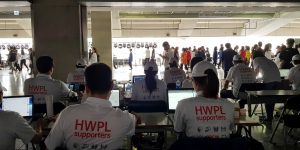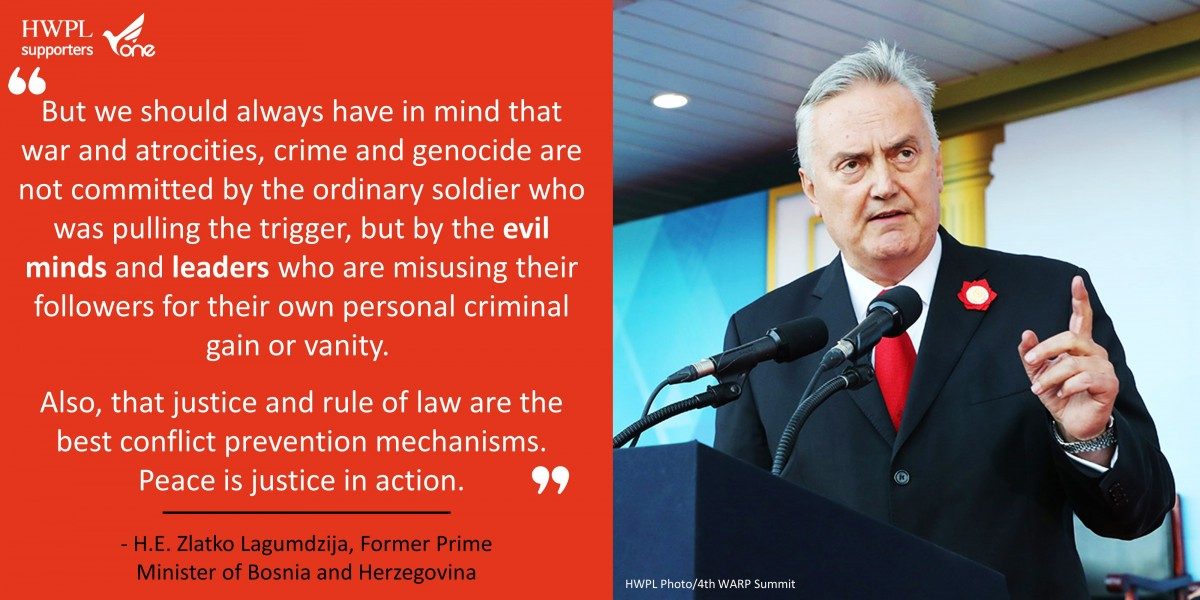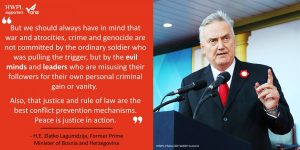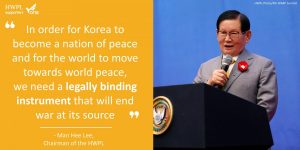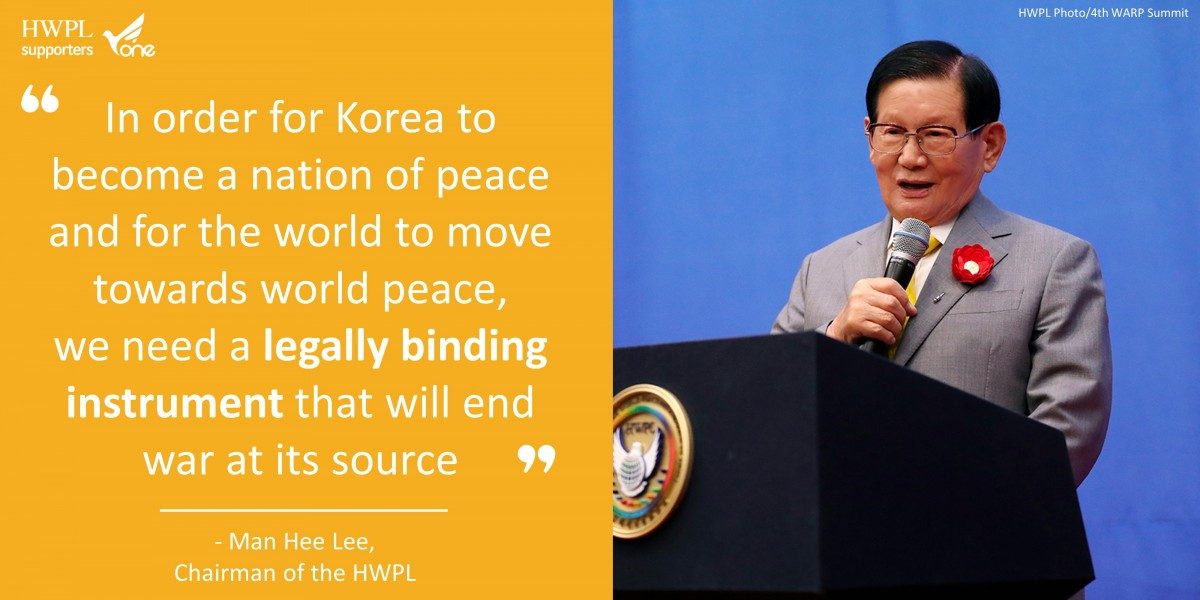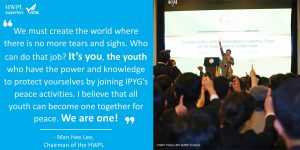Emil Constantinescu Biography
World War 2 (1939-1945)
: The most devastating war in human history
A child became a refugee by the terrible war.
Poor living conditions were hard to bear for the refugee boy, yet he felt desperate for peace. The boy lived in a town located in [dniester] River of the Soviet Border until the age of 50 under dictatorship. He saw and felt the fall of communism himself, and he became aware of the power of culture. He was in the process of settling the democratic conscious.
In 1996, the boy grew up to become the 3rd President of Romania. Emil Constantinescu became the President in order to achieve peace.
First, he devoted his efforts to bring reconciliation and harmony within the Balkan Peninsula suffering from conflicts of nation, religion and race. He was in the forefront of liberty and democracy of Romania. He has conducted Peace Education to spread peace.
(In fact, he has done more work. More info 1, info 2)
“Introducing the DPCW to the UN is an important
step in the right direction.”
– Emil Constantinescu, former president of Romania
He was the dean of Bucharest University. He spent 6 years of my life in [Bucharest] University and [other] University throughout the world.
Now, he is the chairperson of Institute for Cultural Diplomacy (ICD) which is the largest NGO in Europe. Also, he is a member of HWPL Advisory Council.
HWPL (more info) is an international peace nonprofit organization registered with the United Nations Department of Public Information (DPI) and the United Nations Economic and Social Council (ECOSOC). It is surprising to the world with its enormous execution and actions no one has heard or seen.”
As of 2018, he is in the forefront to establish a culture of peace, calling for the cessation of war. Now, it is time to begin a new history of peace.
Emil Constantinescu 2018 interview
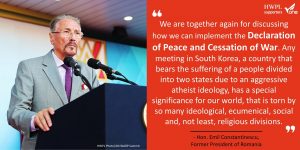 It seems to be the most appropriate sentence to describe him. Emil said “I am one of the survivors of this tragic history of Europe that have a deep and sincere empathy for the Korean people, and one of the few that can perhaps intuit what is going on in the hearts of North Koreans across the border.”
It seems to be the most appropriate sentence to describe him. Emil said “I am one of the survivors of this tragic history of Europe that have a deep and sincere empathy for the Korean people, and one of the few that can perhaps intuit what is going on in the hearts of North Koreans across the border.”
Having dreamed of a world without war, he met Man Hee Lee, Chairman of HWPL in 2014 like destiny, and became a partner of peace.
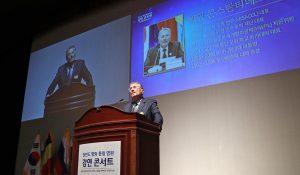
Q. I know that you are actively involved as the President of the Institute for Advanced Studies in Levant Culture and Civilization (ISACCL). What kind of organization is it, and with what purpose did you establish it?
I (Emil Constantinescu) founded the Institute for Advanced Studies in Levant Culture and Civilization in order to transfer to Romania the experience and the projects I have undertaken as President of the Academy of Cultural Diplomacy in Berlin, where I had the opportunity to launch “The Levant Initiative for Global Peace”.
The Institute for Advanced Studies in Levant Culture and Civilization aims to rewrite the history of the Levant, through which we understand a broader space that does not solely refer to the Middle East, but also to Northern Africa, the Balkans and the Caucasus.
Let us rewrite history through the lens of what brings us together, not what sets us apart. This is not an easy feat, because history, as it has been written until now, is a history of incessant warfare, in which the protagonists are the lords of war, not the lords of peace.
The above is an excerpt from full interview
Q. How did your relationship with the HWPL organization begin?
I first met Chairman Man Hee Lee in Germany, at a reception hosted by the Institute and Academy of Cultural Diplomacy (ICD) in Berlin, where I learned of the noble goals that the HWPL had set for itself. They coincided, for the most part, with the goals I had dedicated my efforts in cultural diplomacy to, aiming towards not only the resolution of open or frozen conflicts, but especially towards the creation of a culture of peace through the understanding of the Other, the only way, in my view, to ensure a lasting, durable and sustainable peace.
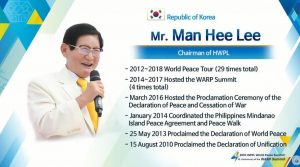
Q. What do you think of Chairman Lee?
I believe Chairman Lee is a leader in the true sense of the word, which is easy to see in the way he wins the hearts and the minds of the younger generation, in particular because of his destiny: a man who fought in the Korean War which, like all wars, pits man against man; but what is even more striking is that, in the case of the Korean war, it was pitting brother against brother. When youth and women’s associations were established, I think Man Hee Lee astutely picked up on the fact that herein lay the key, as youths are sent to die in wars by populist and ultranationalist leaders with dictatorial tendencies while women during war are not only victims but also suffer for their parents, children and brothers. We must never forget that while 20.000.000 soldiers died in World War II, 40.000.000 civilians, mostly women, children and the elderly, perished in that conflict as well.
Q. I know that you participated the first WARP Summit.
In 2014, I was markedly impressed by the participation of the young people at the events. On the Olympic stadium, there were approximately 120,000 pupils and students, and nearly 200,000 took part in the March for Peace. When I had the honour of holding my speech on the Olympic Stadium, I felt the vibration of the crowd and I thought back to what had happened to the first president of Romania, Nicolae Ceauṣescu, when he attended the festivities organized by Kim Il-Sung in Pyeongyang in his honour. Because I had lived among the students which, during the Communist dictatorship, were forced to take part in events organized following the North Korean model, I had a realisation of how great the fundamental difference is between youth that are forced to attend rallies for fear of consequences that could drastically affect their futures and careers, and volunteers. You cannot fake volunteering, and for me this was the most striking impression of my trip to South Korea, and the main reason I decided to return this year, to attend the fourth anniversary of the 2014 Summit.
The above is an excerpt from full interview
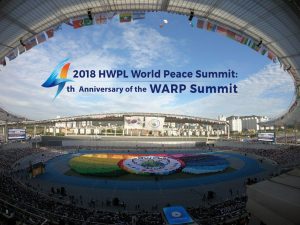
Q. What was your impression of the 4th anniversary of the WARP Summit?
Even though this time the rally was held on Incheon Stadium, with only 30.000 participants, I found myself surrounded by the same sincere enthusiasm and the same dedication to peace. Your people are models of solidarity.I think it was an important event not only for Korea, but for the entire world, as it demonstrates once again that the promotion of peace is the only solution, that the threat of war is not the only solution, as happened during the Cold War. In the end, dialogue is the most important.

Q. Do you think the Declaration for Peace and Cessation of War (DPCW) will be presented to the United Nations?
The level of publicity surrounding this Declaration, in correlation with the fact that through its signing religious leaders, people in positions of authority, presidents and democratic heads of government are joined by a large number of young people supporting the same ideal, makes it possible that military leaders, heads of state and military subcontractors are made to listen to the voice of the people. I believe the United Nations will indeed accept this Declaration, and I consider it an important step in the right direction because, despite the permanent criticism of UN ineffectiveness, we must keep in mind that it is the only forum that offers a platform for smaller states from across the globe to make their voices heard.
The above is an excerpt from full interview
more info about DPCW
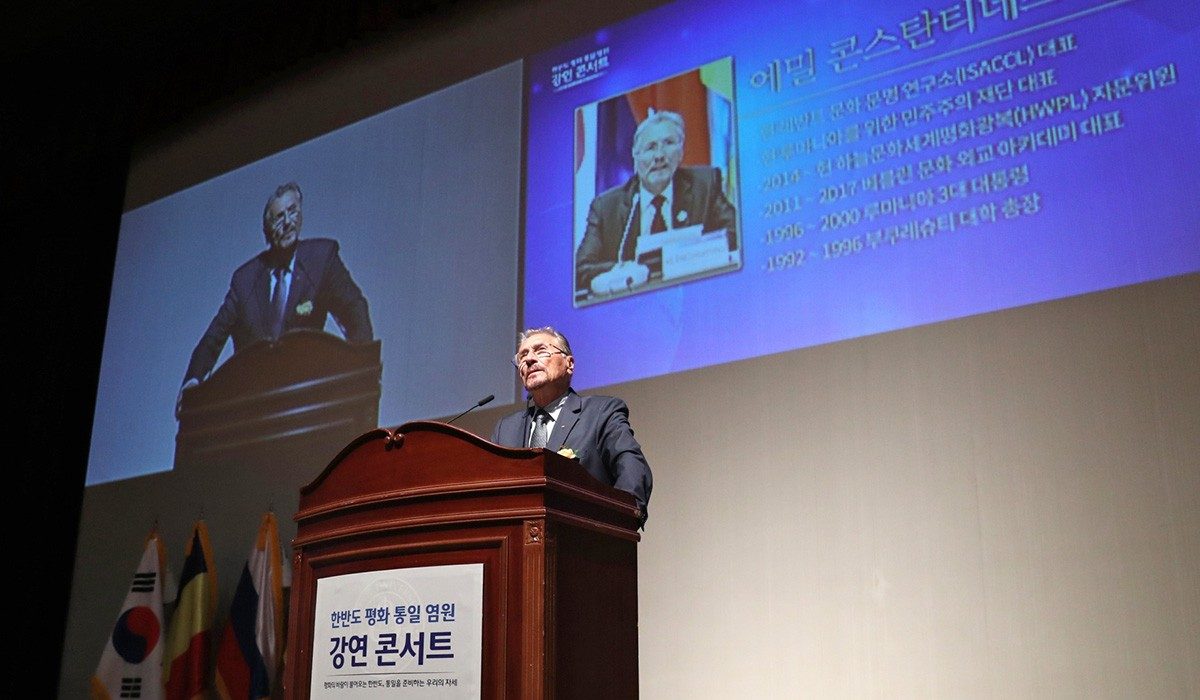
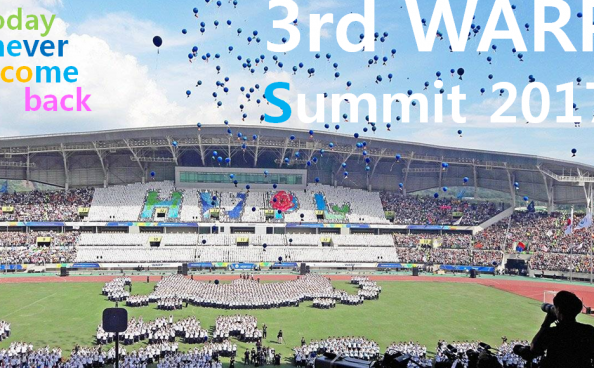
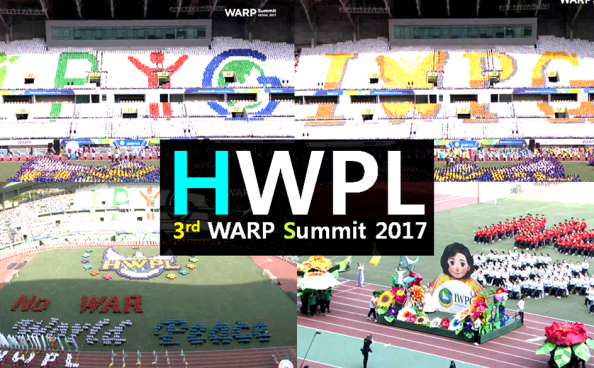
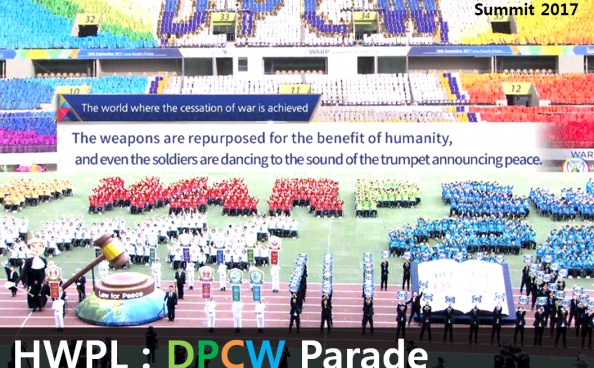
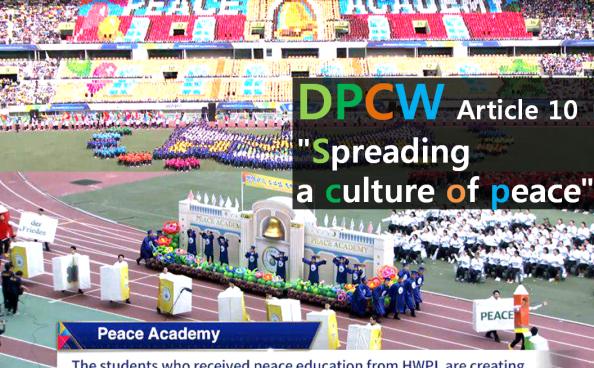
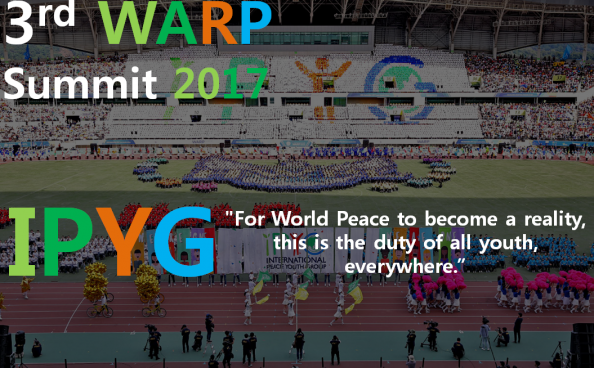
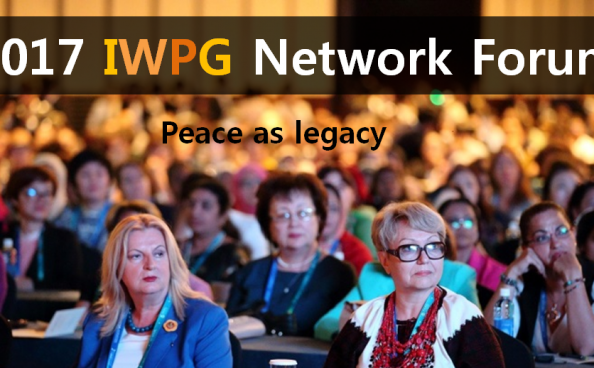
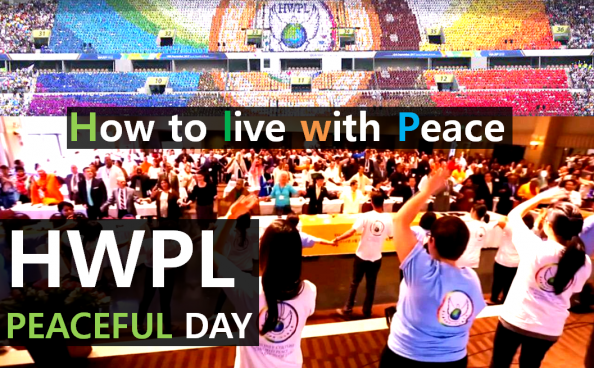
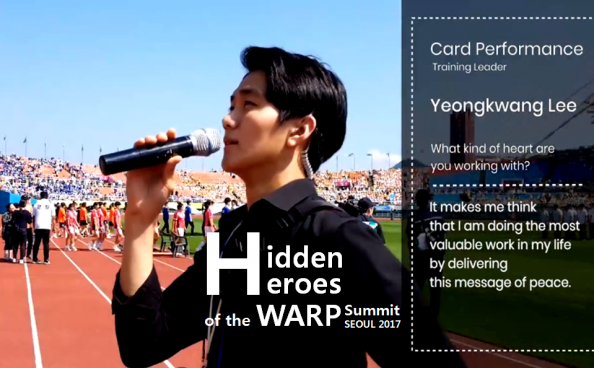
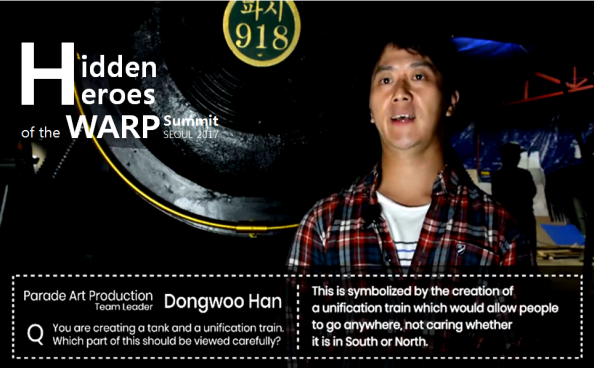
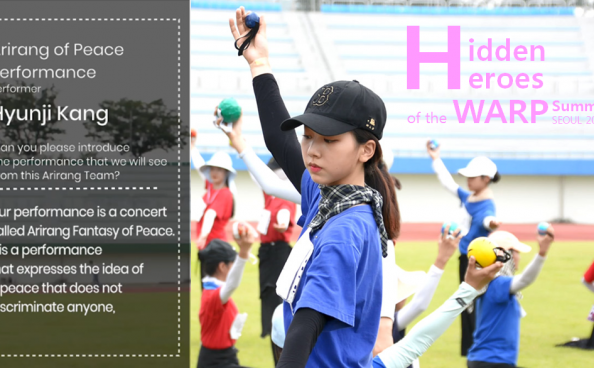
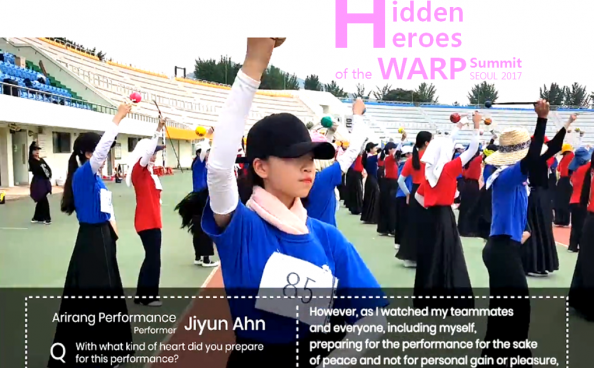
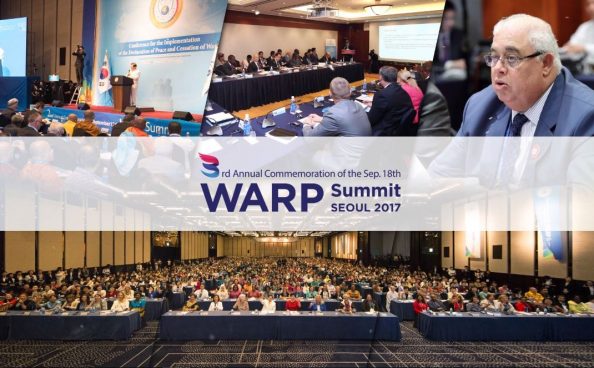
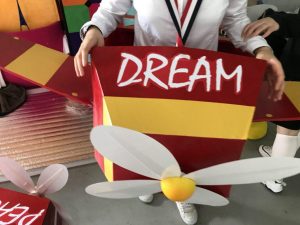
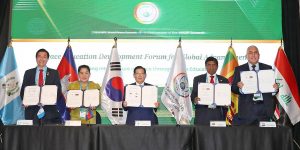
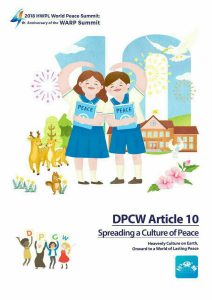 The theme of the discussion was “Looking into a Future of Peace through Peace Education.” The Peace Education Project, which is one of the core initiatives of HWPL, was initially proposed as a groundbreaking way to achieve the realization of Article 10, “Spreading a Culture of Peace”, of
The theme of the discussion was “Looking into a Future of Peace through Peace Education.” The Peace Education Project, which is one of the core initiatives of HWPL, was initially proposed as a groundbreaking way to achieve the realization of Article 10, “Spreading a Culture of Peace”, of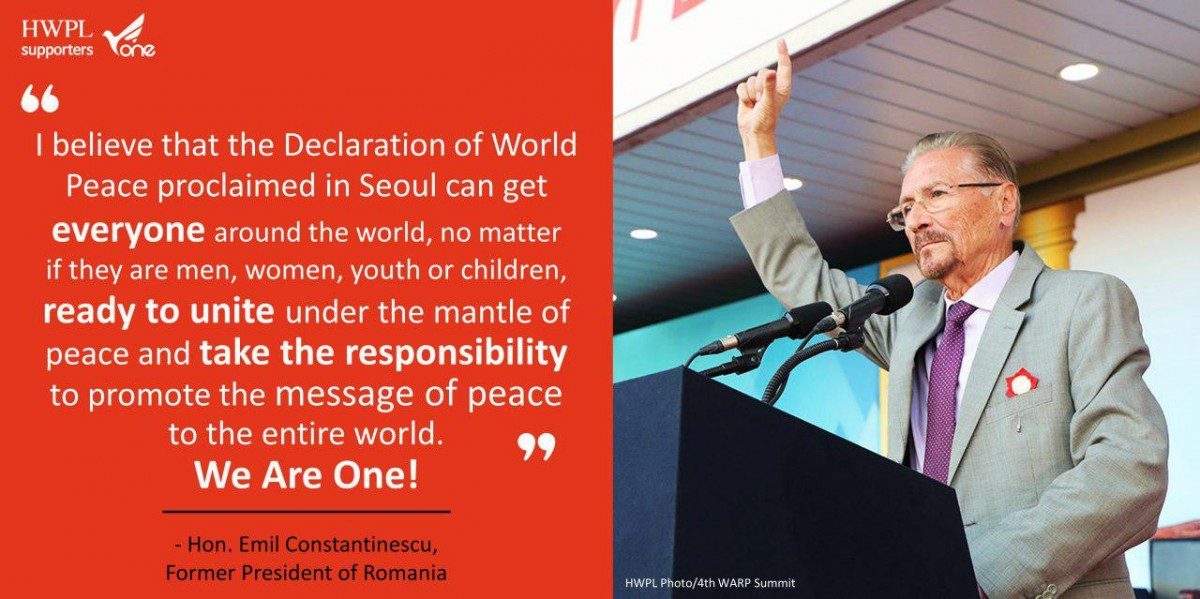
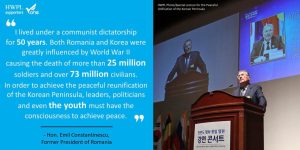
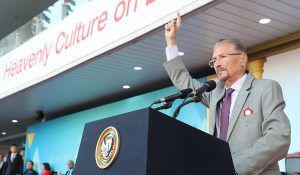
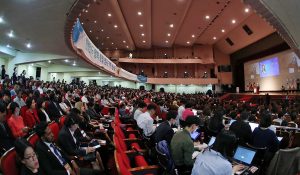
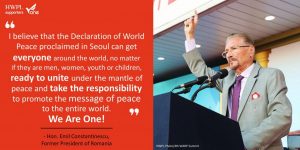 I’m going to focus more on this. Emil Constantinescu said “The experience of transition from the communist dictatorship to democracy in Eastern Europe represents a very rare case in the world history, the absence of any ravage.”
I’m going to focus more on this. Emil Constantinescu said “The experience of transition from the communist dictatorship to democracy in Eastern Europe represents a very rare case in the world history, the absence of any ravage.”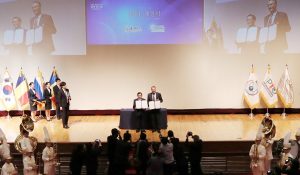
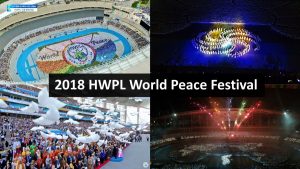 At a time when the global world wanted peace, there was the closest place to peace. The 4th Annual Commemoration of the
At a time when the global world wanted peace, there was the closest place to peace. The 4th Annual Commemoration of the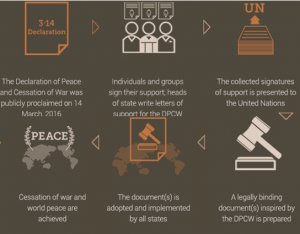
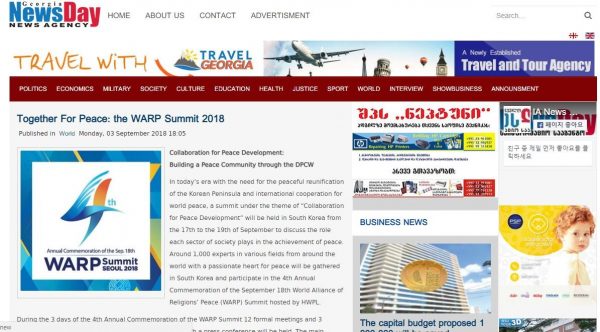
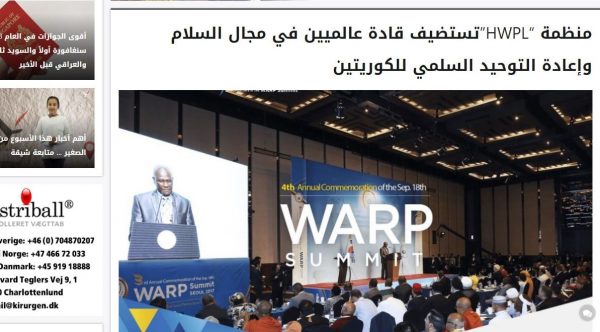
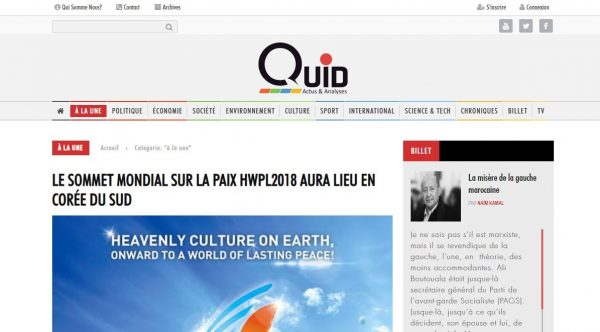
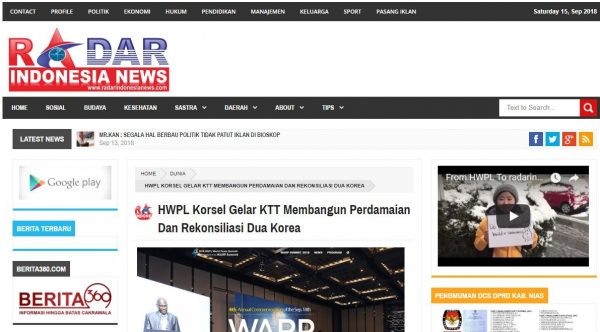
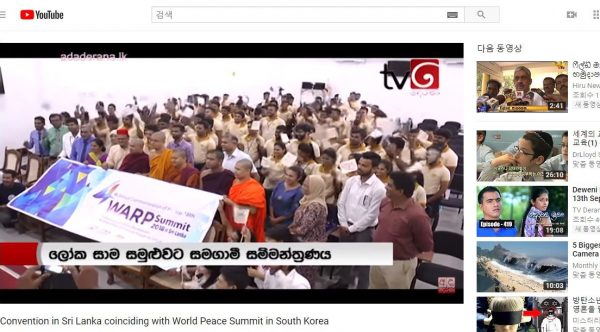
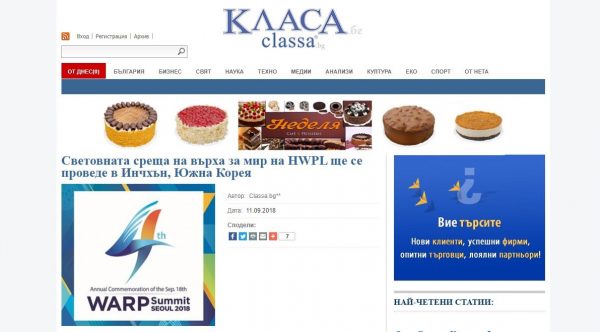
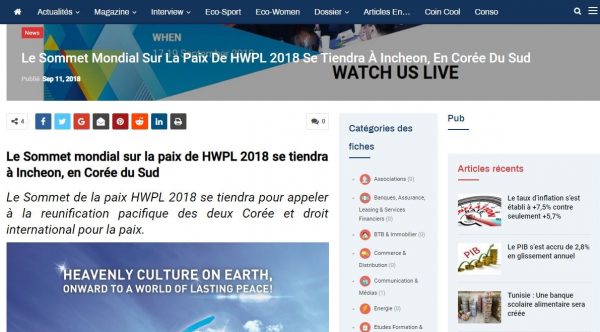
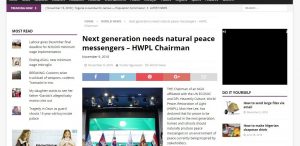
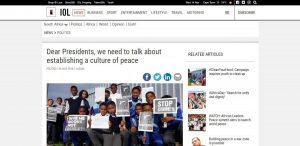
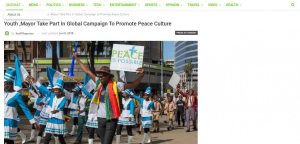
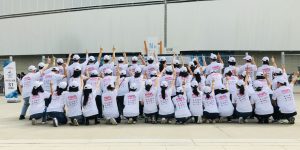
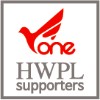 HWPL Supporters
HWPL Supporters 